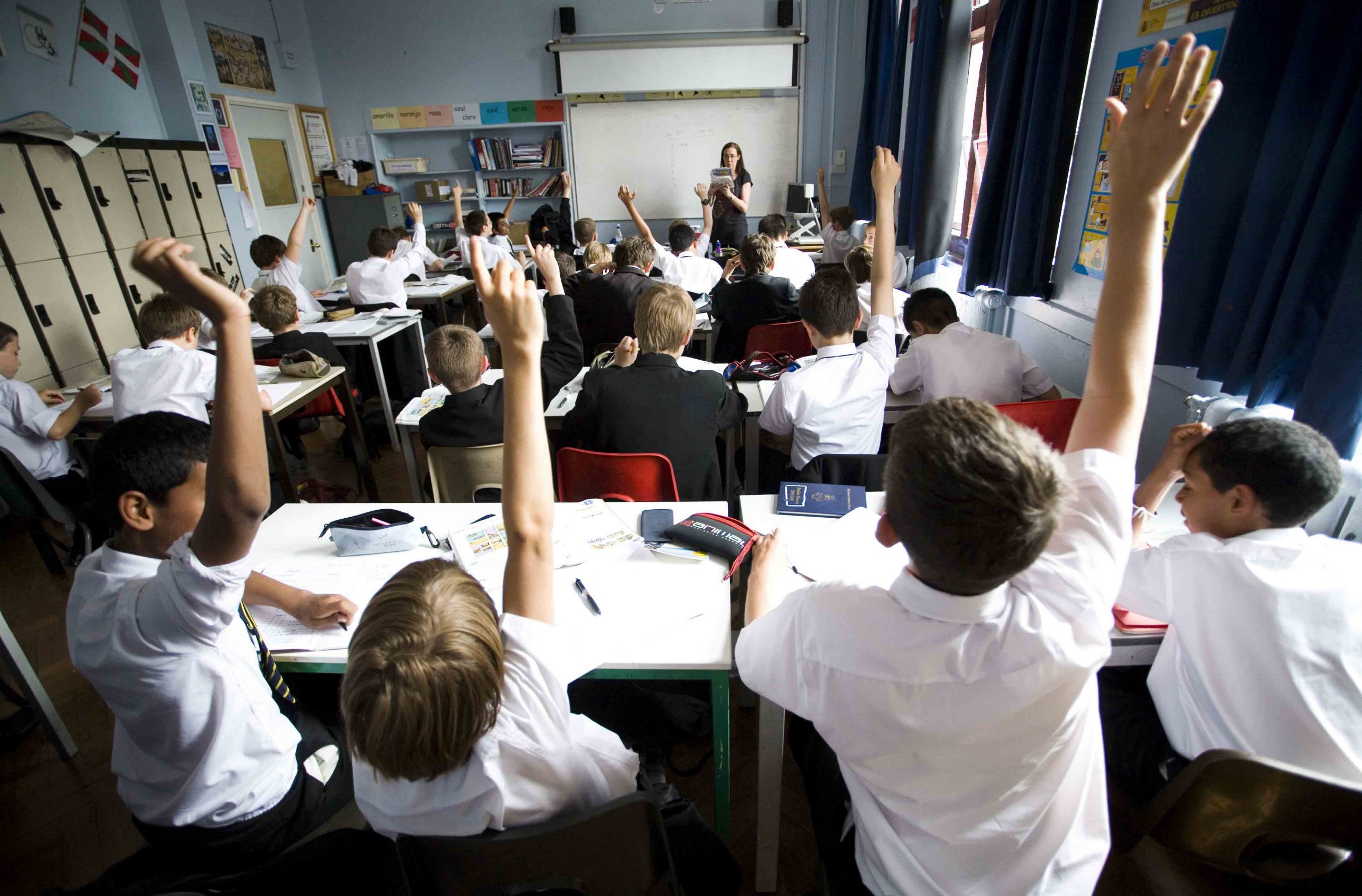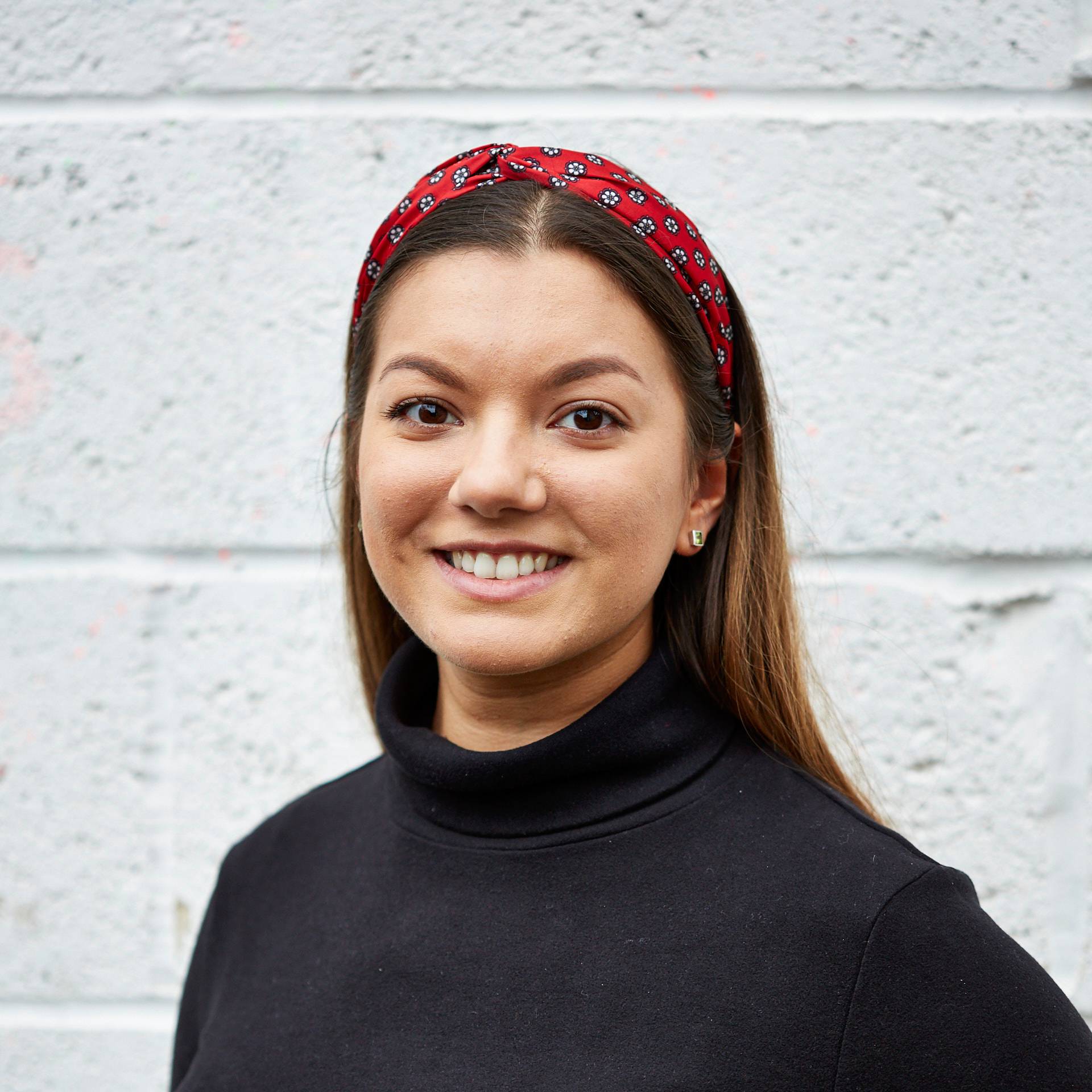Children who ask endless questions may be more likely to do better at school
Encouraging your children to ask for questions from an early age could help them perform better at school.


If your son or daughter is always asking who, what, where and why about anything and everything, a new study suggests they could be more likely to perform better at school.
Curious children are very cute but, let's be honest, their constant questions can become a little tiring.
If your little boy or girl is constantly probing you for answers however, there is a chance that this indicates they are going to do better at school. So it could be worth persisting with them and finding a way to answer their burning questions.
A new study from the University of Michigan found that inquisitive children achieved better results in literacy and mathematics and curious children from poorer backgrounds had even more dramatic results.
Lead researcher of the study, Prachi Shah, said: 'Curiosity is characterised by the joy of discovery, the desire for exploration and the motivation to seek answers to the unknown.
'Promoting curiosity in children, especially those from environments of economic disadvantage may be an important, under-recognised way to address the achievement gap.'
Prachi's research, which was published in the journal of Pediatric Research, studied 6,200 children at nine months, then at two-years-old and again at school age of around five.
Parenting advice, hot topics, best buys and family finance tips delivered straight to your inbox.
To measure the children's curiosity, the researchers asked parents to complete a behavioural questionnaire and take a note of their child's reading and maths achievements when they started school.
Children who were curious but struggled to concentrate during class still performed better in maths and reading compared to children who asked fewer questions.

Encourage your children to be more curious and they could preform better at school
Prachi stresses that it is important therefore to focus on building and encouraging a child's curiosity as much as installing the need to concentrate and reduce disruption.
She said: 'Currently, most classroom interventions have focused on the cultivation of a child's self-regulatory capacities, but our results suggest that an alternate message, focused on the importance of curiosity, should also be considered.
'Promoting curiosity is a foundation for early learning that we should be emphasizing more when we look at academic achievement.'
Mum-of-two Stacey Soloman previously revealed that one of the main reasons she chooses to homeschool her children is to protect their curiosity.
In her column for Fabulous Stacey explained that her eldest son Zach had always been inquisitive but in mainstream school he started to feel embarrassed to ask questions.
She said: 'When Zachary was halfway through Year Two he began to lose some of my favourite parts of his personality. Before that, he was often cheeky and making jokes, he never worried what people thought of him. He was a happy-go-lucky child, always inquisitive and wanting to know EVERYTHING about everything.'
She continued: 'We couldn't even go into the supermarket without him asking about every product and where it comes from. But he would come home from school embarrassed to make jokes and be silly and he became very quiet and a little sad.'

Jessica is a freelance food writer, stylist and recipe tester. She previously worked as Senior Food Writer at Future. While at Future Jessica wrote food and drink-related news stories and features, curated product pages, reviewed equipment, and developed recipes that she then styled on food shoots. She is an enthusiastic, self-taught cook who adores eating out and sharing great food and drink with friends and family. She has completed the Level 1 Associate course at the Academy of Cheese and is continually building on her knowledge of beers, wines, and spirits.